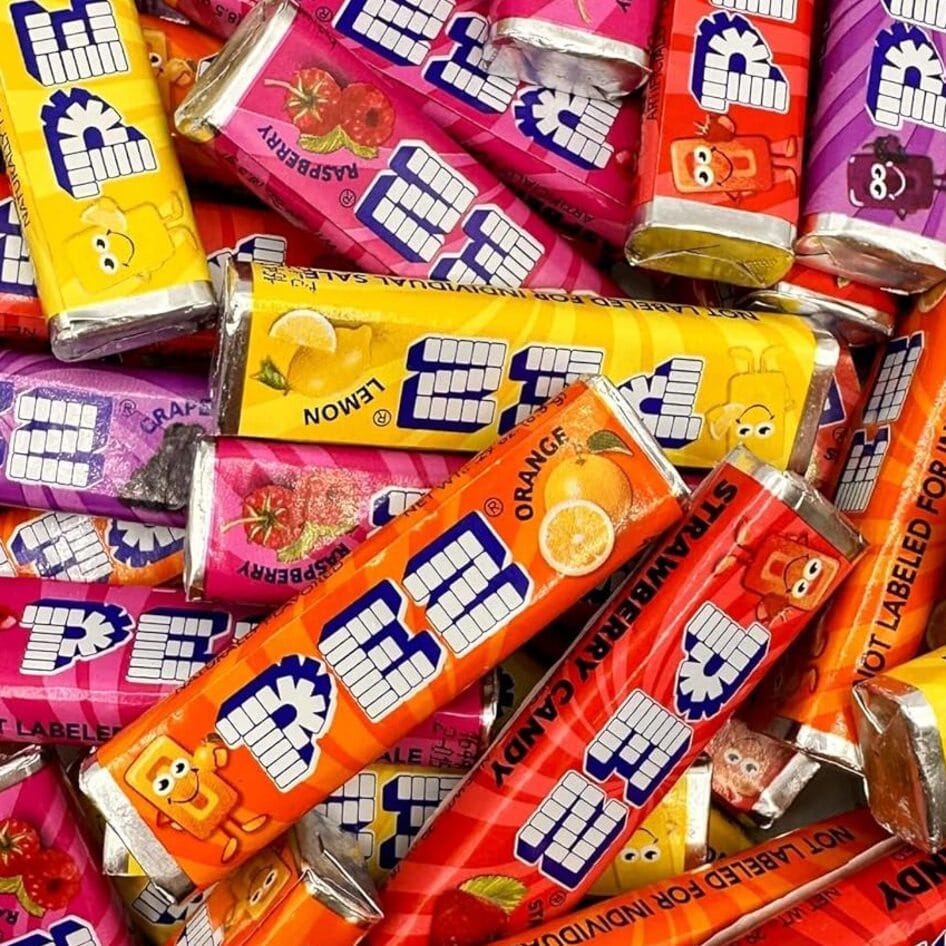Pharmaceutical company Johnson & Johnson announced this week that it would ban the use of forced swim tests in its laboratories. The move comes after pressure from animal-rights group People for the Ethical Treatment of Animals (PETA) which condemned the cruel and unnecessary test that forces mice and rats to struggle to survive in a beaker of water, often causing them to defecate in distress before nearly drowning. “We have no plans to use the forced swim test in our labs, nor will we sponsor or fund external research leveraging this test,” the company said in a statement to PETA. “We have now included our position on the forced swim test on [our] website along with our Policy on the Humane Care and Use of Animals.” The test was developed in the 1970s—then called the “Despair Test”—to gauge the effectiveness of antidepressants by observing when mice and/or rats would stop swimming after being dropped into water (purportedly measuring the animals’ willingness to continue to struggle to live or lack thereof). Out of the 47 compounds tested on animals in this way, 36 were found to have positive outcomes in the treatment of depression in animals. However, none of these compounds have been approved for human consumption. Companies such as Pfizer, Bristol-Myers Squibb, and Eli Lilly continue to use the test, despite its ineffectiveness to provide any conclusive research.
JUMP TO ... Latest News | Recipes | Guides | Health | Subscribe







